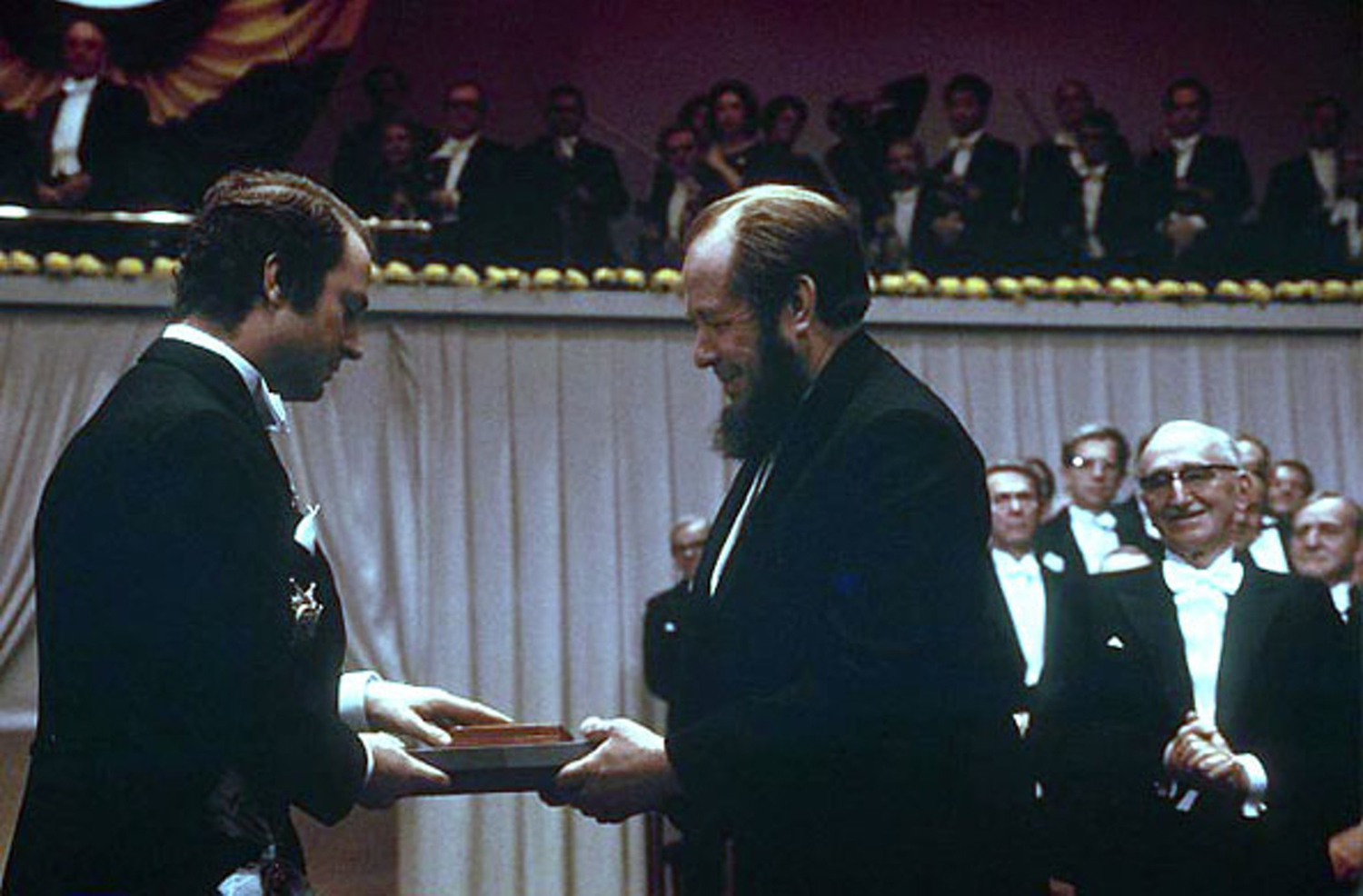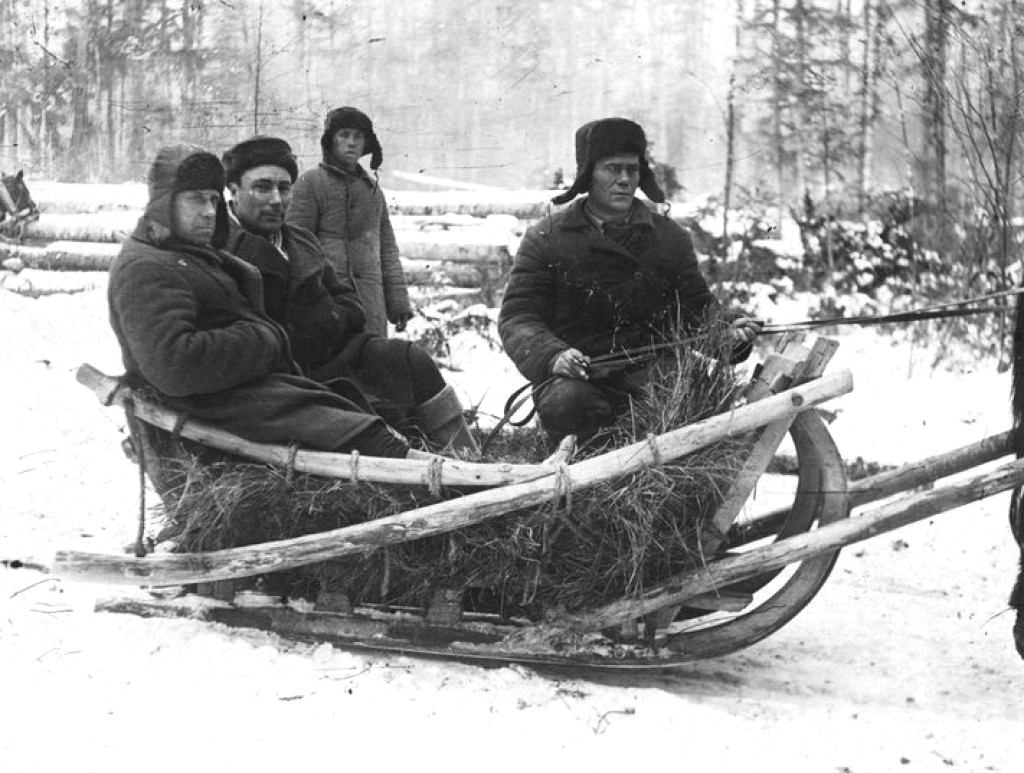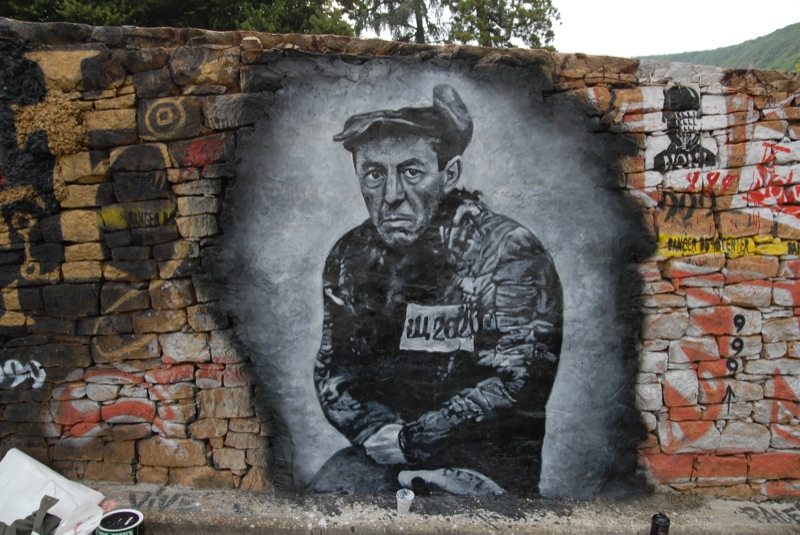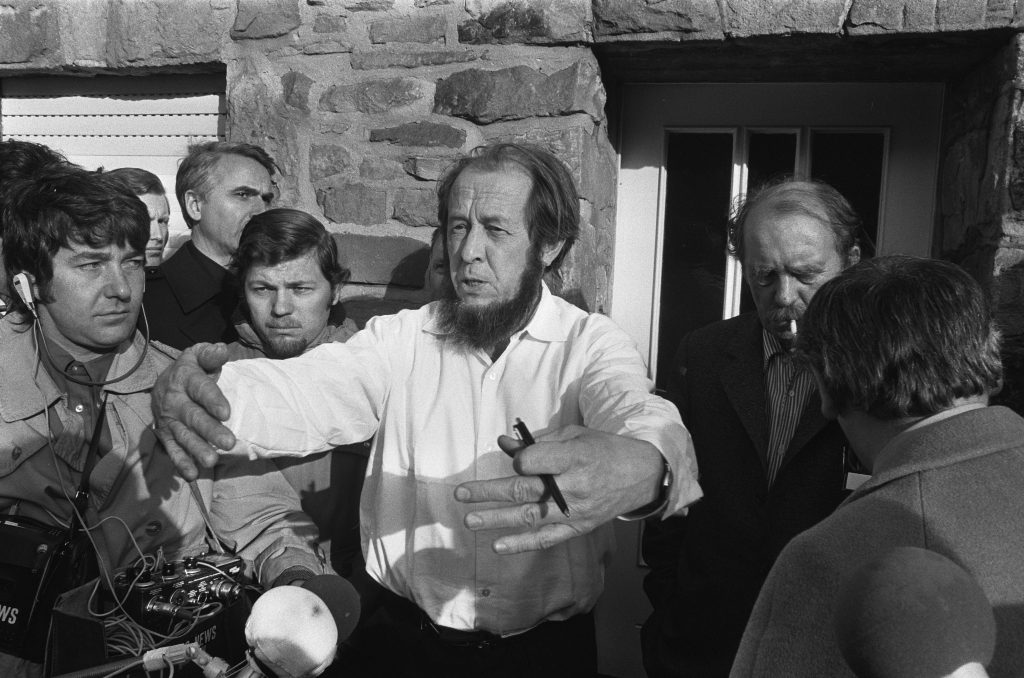Prominent anti-Soviet novelist and Nobel Laureate Aleksandr Solzhenitsyn passed away nine years ago today, but his works continue to provide us with a frightening insight into a world without human rights.
Considered by many to be one of the 20th century’s most important literary figures, Solzhenitsyn became a staunch critic of the Soviet Union after fighting in World War II.
Having witnessed war crimes perpetrated by the Red Army against German and Polish civilians, he started writing critically about Joseph Stalin, the war effort, and the moral basis of the Soviet Union as a whole. One such letter, sent to a friend during the final months of the war, was seized by the military police and resulted in Solzhenitsyn being arrested and accused of disseminating anti-Soviet propaganda.
After being interrogated in the notorious Lubyanka prison in Moscow, he was sentenced – without trial – to spend 8 years in the Soviet labour camp system, more infamously known as ‘The Gulag’. It was during this time, and the three years of forced exile which followed, that Solzhenitsyn suffered and witnessed many of the injustices that inspired his later writing.
‘One Day in the Life of Ivan Denisovich’ (1962)
Image Credit: Wikimedia Commons.
Following his ‘rehabilitation’ and return from exile in 1956, Solzhenitsyn began working as a math teacher while continuing to write in secret. More than a decade later, when accepting his Nobel Prize, he spoke about his fear of persecution at that time:
During all the years until 1961, not only was I convinced that I should never see a single line of mine in print in my lifetime, but, also, I scarcely dared allow any of my close acquaintances to read anything I had written because I feared that this would become known.
But the loosening of authoritarian restraints that followed Nikita Khrushchev’s rise to power eventually provided Solzhenitsyn with an opportunity to bring his work out into the open. And so, in 1962, his seminal short novel ‘One Day in the Life of Ivan Denisovich’ was published and immediately sold out – earning Solzhenitsyn instant fame.
As its title suggests, the novel depicts a day in the life of Ivan Denisovich Shukhov as he struggles to survive in a Stalinist labour camp. Based on Solzhenitsyn’s own experiences at a camp in Ekibastuz, Kazakhstan, Ivan’s story paints a bleak picture of the day-to-day reality that faced political prisoners in Stalin’s Russia.
‘One Day in the Life of Ivan Denisovich’ was the first ever public mention of the labour camp system in Russia, and its publication is seen as a landmark event in Russian political history.
A Return to Authoritarianism
 Solzhenitsyn (right) belatedly receiving his Nobel Prize for Literature in 1974. Flickr / Levan Ramishvili.
Solzhenitsyn (right) belatedly receiving his Nobel Prize for Literature in 1974. Flickr / Levan Ramishvili.
The cultural climate in Russia quickly regressed after the fall of Khrushchev in 1964, sparking revived support for the Stalin era and a return to the heavy-handed authoritarianism that characterised it. ‘One Day in the Life of Ivan Denisovich’ was barred from further publication, but Solzhenitsyn continued to write – producing, among other works, ‘The First Circle’ and ‘Cancer Ward’ both in 1968.
Due to their anti-Stalin sentiments, however, these were never officially published, and Solzhenitsyn once again found the authorities knocking at his door. This prompted him to move to Estonia to complete what would become his best-known work, ‘The Gulag Archipelago’, in secret.
Solzhenitsyn was awarded the Nobel Prize for Literature in 1970 but did not travel to Stockholm to receive it, fearing that he would be refused entry back into the Soviet Union.
‘The Gulag Archipelago’ (1973)
 Gulag prisoners at work (circa 1936). Wikimedia Commons.
Gulag prisoners at work (circa 1936). Wikimedia Commons.
‘The Gulag Archipelago’ is a three-volume historical record in which Solzhenitsyn traces the development of the Soviet labour camp system from its inception in 1917, through its dramatic expansion during Stalin’s reign. Drawing on his and his fellow inmates’ experiences, Solzhenitsyn provides a damning indictment of the Soviet Union – arguing that it was wholly dependent on forced labour for its survival.
Upon the book’s publication, Solzhenitsyn was arrested for treason, stripped of his citizenship and sent into exile. Having had his citizenship restored in 1990 following the fall of the Soviet Union, he returned to Russia in 1994 where he lived out the remainder of his years.
Solzhenitsyn’s work, and indeed his life, are a stark reminder of what life would be like without human rights. Our rights to free expression, liberty, and a fair trial are what protect us from being thrown into a labour camp for disagreeing with the government, so we must do everything we can to protect them.
Follow the links below to keep reading:
- Read about the fight against modern slavery in the UK.
- Check out our infographic on Article 4 of the Human Rights Convention, prohibiting slavery.
- Read more about the right to a fair trial and why it is so important.








